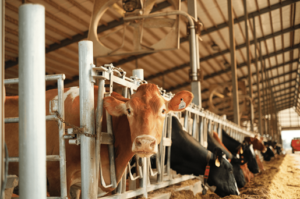Jake Johnson
An alarming United Nations report released this week said global temperatures are on track to rise as much as 3.2°C by the end of the century, meaning only drastic and unprecedented emissions reductions can stave off the most devastating consequences of the climate crisis.
The annual Emissions Gap report from the UN Environmental Program (UNEP) warns that nations’ commitments under the Paris climate accord—from which US President Donald Trump began formally withdrawing this month—are not nearly sufficient to bring about the widespread changes needed to avert climate catastrophe.
According to the report, produced by an international team of leading scientists and researchers, greenhouse gas emissions must begin falling 7.6 percent annually by 2020 to prevent global temperatures from rising more than 1.5°C by 2030.
“Our collective failure to act early and hard on climate change means we now must deliver deep cuts to emissions,” Inger Andersen, UNEP’s executive director, said in a statement. “This shows that countries simply cannot wait until the end of 2020, when new climate commitments are due, to step up action. They—and every city, region, business, and individual—need to act now.”
Anderson added that only “major transformations of economies and societies” will be enough.
(Jake Johnson is a staff writer for Common Dreams, a nonprofit, US-based, news website.)




